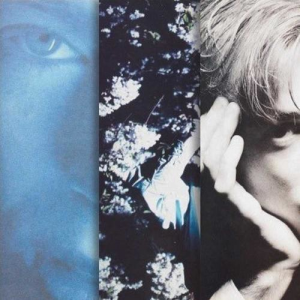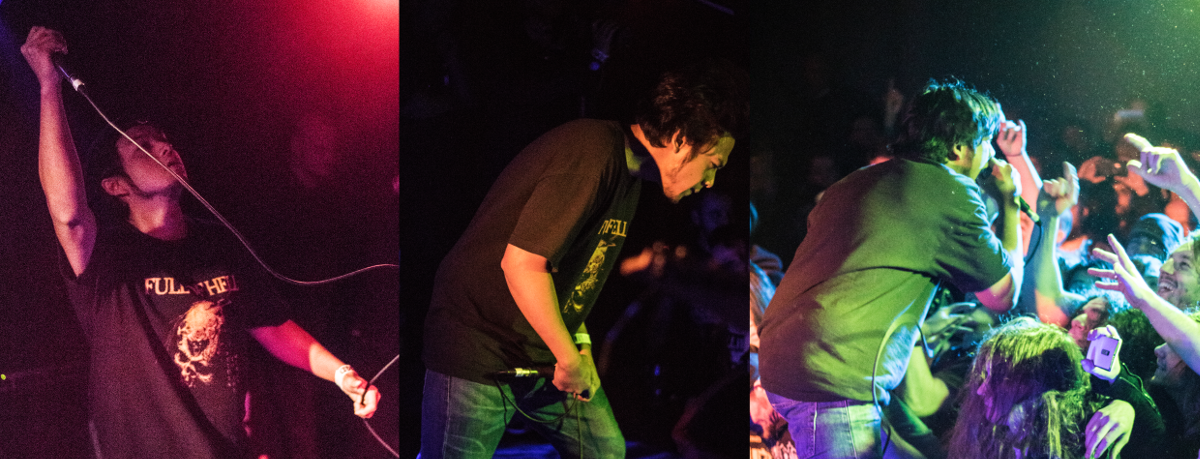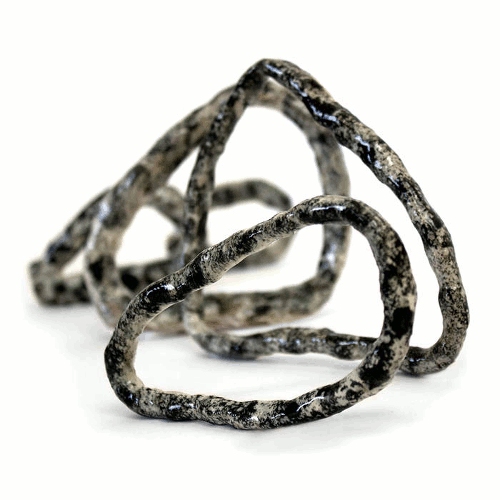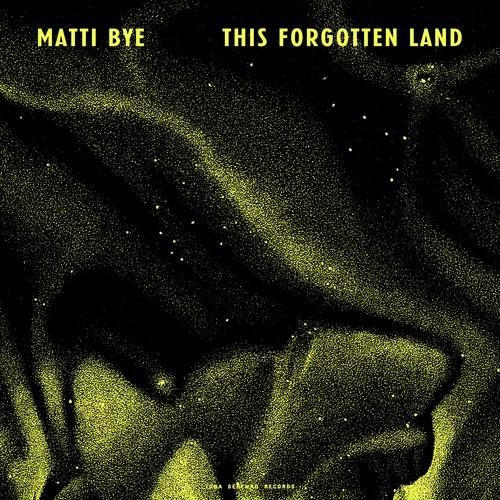 After the major retrospective of last year, Cherry Red have decided to treat us to reissue frenzy from Momus‘s back catalogue. Divided into two deluxe three-CD packages aptly entitled Procreate, the first of which gives you a lusty and languid taste of the 1980s via a trio of albums Nick Currie did for Alan McGee‘s Creation label.
After the major retrospective of last year, Cherry Red have decided to treat us to reissue frenzy from Momus‘s back catalogue. Divided into two deluxe three-CD packages aptly entitled Procreate, the first of which gives you a lusty and languid taste of the 1980s via a trio of albums Nick Currie did for Alan McGee‘s Creation label.
The Poison Boyfriend
Like Serge Gainsbourg or Leonard Cohen before him, Currie’s words are warm and sculptural, full of bayoneting observation and salty melancholia. The faded grandeur of “The Gatecrasher” vividly captured with sizzling economy, the tango strut of “Islington John”, a weird juxa-juggle of party/gigolo antics, whose scenery sparks drunkenly around its characters. His tales seem duplicitous, curiously curled, derisive duels infatuated with exposing life’s disappointments, flaunted wishes that seem so oddly glamorous. A fertile furrow that would lustre the likes of Pulp and Suede close to a decade later.
The lyrical titillation of “Closer to You”, one of this album’s masterworks, sleazing out on lustful obsessions, its vibrant imagery dancing in your head to a Mata Hari mobile of slinky synthesis. “These purple-tipped prose are going to haemorrhage me, girl”, warns Currie, wincing words like an English Prince, pupils dilated on desire’s daggers, suggesting great artists were only making do with substitutes, that “they’d never have done anything if they were as beautiful as you”.
Tender Pervert
The second Creation release has Currie’s pointed fingers pushing up amongst the cherry blossom, lyrically hitting it up with some ecclesiastical devilment – them naughty angels are getting off on our corrupted ways it would seem, and Momus is stuffing our heads with the depraved possibilities. A scandalous (commercially suicidal) start followed by a tragic tale of an ice-skating couple on “Love On Ice”, the fickle halo of fame slipping away to a bolero-esque strut and two Soviets that skated like robots.
Momus’s literary tastes slithering between the lines, André Gide, Yukio Mishima, and a lot more disguised influences to a sprinkling of Gainsbourgian appetites, with “I Was A Maoist Intellectual” throwing in a curve ball for all the right-on militants out there. A whiff of the autobiographical pouring promiscuously in with the fiction (distinguishing between them is nigh on impossible). The thrusting pelvis of “Homosexual”, Momus last-laughing the assumption that he’s gay to a chorus of climactic moans. “I’ll make love to their women”, croons Currie, “I’ll make them sing notes of pleasure their husbands will never hear”. Sweet revenge to hypocrisy, especially considering the prejudice the AIDs crisis was causing at the time.“Bishonen” with its spiking Les Liasons Dangereuses of the parental kind, shuddering with quivering concision, the music easy on the ear, revealing barded subject matter that, even with Currie’s softly spoken lilt, cuts you to the quip. “How can I forgive the ugly fugitive/Who bought me up according to a fantasy./For when the old man stared at me/He drowned in evil beauty/Thinking of the early death in store for me”.
The original album ended succinctly on a reprise of “The Angels Are Voyeurs”, a short epilogue that suggested as we blow ourselves to bits, as “the angels pump their cocks” to create a new planet “more curvaceous and sexy than ours, worthy of voyeurs”. It’s the ultimate sign-off that has this deluxe package pinning on a few extra songs, a collection of ditties which skip gleefully through the headstones.
There’s the delicately dissecting “What Will Death Be Like”, its Spanish guitar puppeteering a Baudelaire of brightly pinned butterflies, debating that death would be unlike the Spanish maracas that rattle inside your last breath, the thin piece of paper that Gorbachev and Reagan signed. Incising words that pile up like a question mark, laureate the inevitable with panache. There are the trotting acoustics that tarot-card the “Eleven Executioners” too, flowing with paradox and parabola-ing pantomime – a careering corona that enchants to its last.Don’t Stop The Night
By 1989, the third instalment pins its lyrical slickness to a pulsing discotheque in a parody of that Stock Aitken And Waterman sheen that was choking the age. It was a club-friendly sound that gave Momus a growing gay following, and in Currie’s own words he “lived a time of unparalleled promiscuity, devouring Japanese girls”.
To be honest, the first few tracks lyrically lose out to the heat of that beat, but then the magic returns, the focus funnelling those spidering word-worlds. “The Messiah Is Coming” (maybe literally) in Lord Of The Dance with the body of a beautiful girl, a disco diva who will turn you on. The Charles Aznavour-tinged “Hairstyle of the Devil” giving out a catchy crank with a Max Headroomed Beelzebub.
The splendid scum colours of desire swimming around in this head, the fluid flavours of necrophilia in “The Cabriolet”. The narrator “aroused to see you in this strange new way… the starlight filtering through the myriad fragments of a freshly shattered windscreen”, quickly followed by the Nabokov haze of “The Guitar Lesson”, her skirt travelling up under his palm, as the music descends into the noisy churn of alarm. The fascinating repulsion of “Monsters of Love”, the masturbatory Sapphics of “Amongst Women Only”. There are plenty of impressions here that (for the most part) say farewell to the 1980s and incubate a brilliance for this trickster to pursue into the next decade; but that’s another story.
-Michael Rodham-Heaps-



